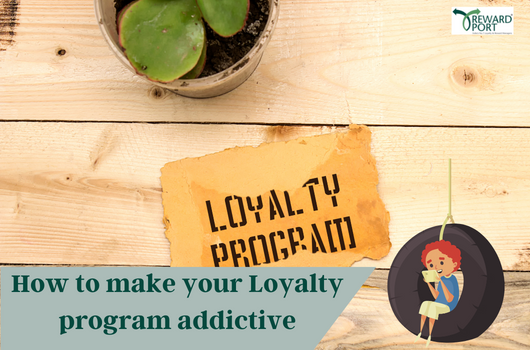Businesses try to learn from their past in order to bypass the mistakes made, they look to the future for adapting possibilities that would make the customer happier and improve the overall experience of dealing with the brand.
Customer awareness is ever increasing; make-believe things are quickly Googled to check for its legitimacy. Easy access to information has made the customer search for experiences that are out of the ordinary.
As we look to customer engagement trends coming up in 2018, we need to remember that the customer is a brand in and of themselves. For success, we need to ensure our brands are complimentary to theirs.
1. Personalisation is key
The need for personalised brand interactions is on the rise. Customers feel more valued if the brand has personally had an interaction with them. This value will be measured in terms of brand success and loyalty over the next year. Customers already expect to be treated as individuals with specific preferences and that trend will become more evident over the next year. The need for the brand to understand and anticipate customer’s needs is going to be ever-increasing. All this seems like a big task for the brands to deal with, however the answer to this question is BIG DATA.
2. Multichannel is to become Omnichannel
Companies have to respond to the ever changing market demands. The current market is dominated by the Millennials, with the future in the hands of Gen-Z.
Both of these generations have grown up on the basis of the internet. Hence, instant gratification is a necessity.
Having an Omnichannel presence will improve the company’s customer engagement as the audience they cater to more ways of accessibility.
“Did you know? According to Marketing Week, 15 years ago the average consumer typically used two touch-points when buying an item and only 7% regularly used more than four. Today consumers use an average of almost six touch points, with 50% regularly using more than four.”“According to PWC, the demand for an omnichannel customer experience will be amplified by the need for nearly perfect execution by 2020”
3. Pro-active Customer Engagement
Debenhams, a large retailer applies a proactive customer engagement approach:
Delivery of in-depth content to inform customers before they decide to make a purchase.
How? They display a vast variety of information on their website that answers frequent questions — from guides on beauty and size guides, as well as home furniture & more.
This doesn’t just help the brand in its SEO strategy, it also helps to trim the overhead costs of returns and support while helping the customer maximizing delight in terms of experience.
4. Internet of Things (IoT) is going to be an integral part of Customer Engagement
“70% of retail decision makers globally are ready to adopt IoT to improve customer experiences”
5. Machine Learning
Machine learning allows computers and devices to learn from experience without any specific programming. Think of it as a seasoned psychology professional that knows your traits. This is done through buying behaviour and browser history.
One example of machine learning is by Netflix. The popular streaming service dishes out movie/show recommendations based on a few titles that you select while signing up. Surprisingly enough these titles are very much what the audience is looking for! How? Machine Learning’s Predictive Functionality. Based on customer feedback, ratings and browsing habits, the algorithm makes a predictive decision. The customer experience is vastly improved by such pro-active efforts which result in the customer being engaged with the brand.
Machine Learning in 2018 is expected to rise on all accounts. An ever-increasing number of companies are adapting this technology to improve customer experience and make machine learning a friend in need in the virtual world.
To Conclude:
Customer experience is to be vastly improved in 2018. Through personalisation and implementation of various advances in technology, companies are trying to win over the customer. It is to be seen how the customers react to these trends and if brand loyalty will gain a stronghold due to improvements in customer experience.





